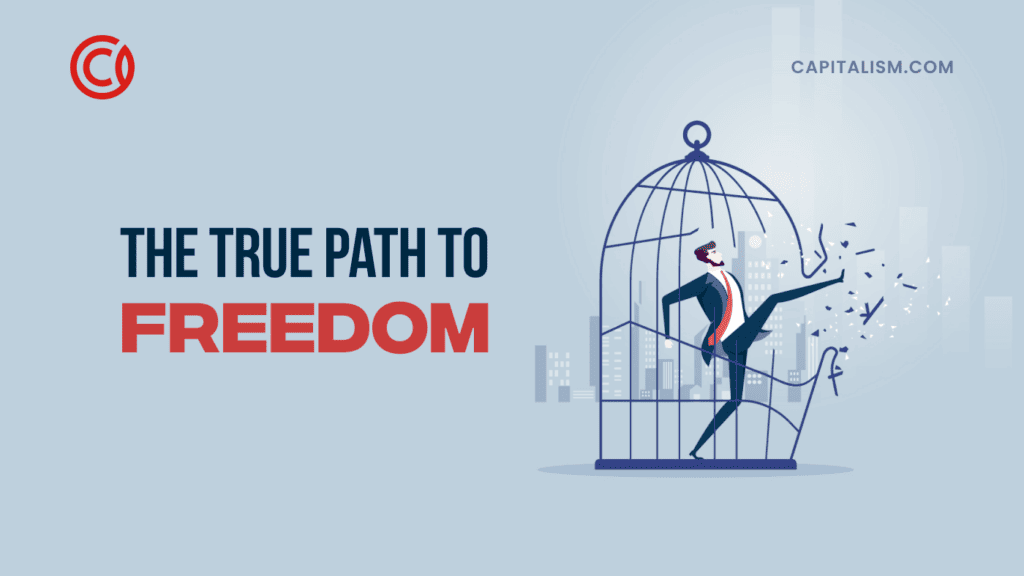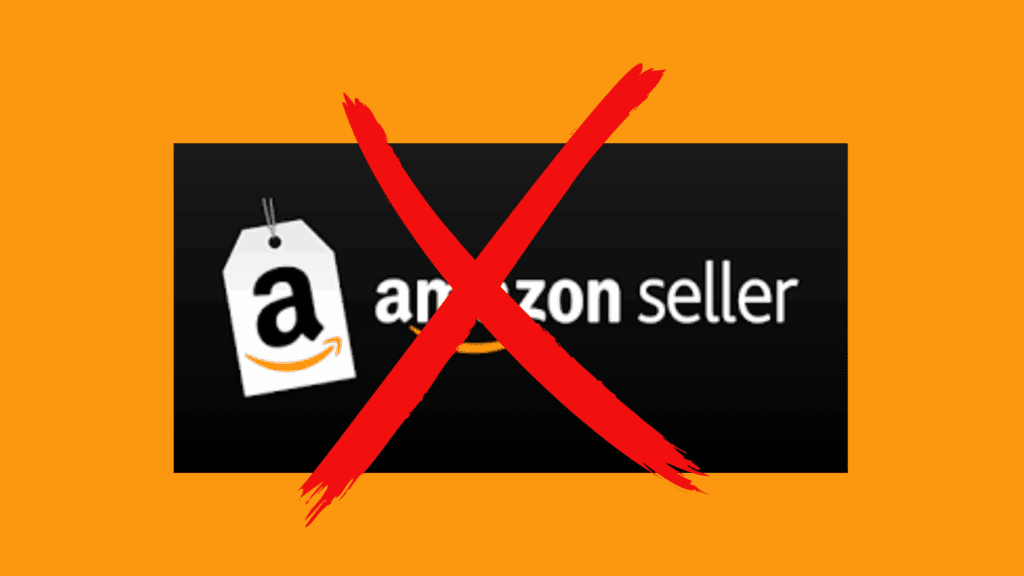There’s a revolution going on in the publishing world, and a bunch of previously broke writers working from home are cashing in on billions in eBook sales.
Like most major movements, the seeds of the eBook self publishing revolution were planted long ago. There have always been independent authors who sought to distribute their work directly without going through major publishing houses. In 1931, the author of The Joy of Cooking printed 3,000 copies of the book with a local printer and set out on her own in the publishing industry. That book has since sold millions of copies.
There have always been a few self publishing success stories like this, but these success stories became much more common when Amazon released the Kindle Direct Publishing (KDP) platform in 2007, allowing any author anywhere in the world to distribute their books on Amazon’s platform for free.
Since then, annual sales of Kindle eBooks have boomed to over $6 billion in the U.S. alone, and self published authors as a group are raking in almost twice as much in royalties from their books on Amazon Kindle than their traditionally published peers according to data from AuthorEarnings.com.
It used to be an embarrassment for an author to be self published, but now self published authors are actually earning more money than traditionally published authors, in part because they generally earn 70 percent in royalties when they sell a book compared with the 8-15 percent traditionally published authors take home.
How did a bunch of self published authors working from home with little or no marketing budgets go from earning less than 1 percent of all the royalties paid in the publishing industry to being the biggest earners in less than a decade?
By understanding how the eBook publishing revolution evolved since 2007, you’ll get a better understanding of how markets work and how you can best take advantage of new opportunities.
ADAPT TO CHANGES IN TECHNOLOGY
Technology played a huge role in the massive income redistribution that is still going on in the publishing industry, but if you focus only on the technological changes you miss out on the bigger picture. Technological advances like eBooks and eReaders are simply tools, and, like the internet, anyone with a little money who lives in a developed country can access these tools and distribute content to retailers like Amazon.
The simple truth is that some people discover and use new tools faster than others. We call these people “first movers.” First movers have a huge advantage in fast-growing markets like the Amazon Kindle platform because they are able to attract more customers with less competition. As markets grow, more competitors enter the market and it gets harder to make your product or book stand out from the crowd.
You’ve probably heard about many of the first movers who self published their books on Amazon Kindle early on and did incredibly well financially like Amanda Hocking, E.L. James, Hugh Howey, John Locke, and others. These authors acted faster than most of their peers, and with a lot of hard work and a little luck, they have all sold millions of books and become multi-millionaires in the process.
In business school, I was taught that first movers have an advantage solely because they are earlier to market and therefore they can gain more market share without any competition, but this really doesn’t tell the whole story.
When a market goes from basically zero to $6 billion in less than 10 years, that growth creates a tidal wave of opportunities. The old saying, “a rising tide floats all boats” is true if you are in the right place at the right time, but not everyone floats to the top. Some boats sink, even when the tide goes up.
IT’S NOT ALL ABOUT BEING FIRST
Success in business and life is not just about being in the right place at the right time. Many early self published authors never sold many books or earned much money. Many authors published unedited books, so full of typos and grammatical errors that their early readers left scathing one-star reviews and sales evaporated. Other authors published great books but did little or nothing to market or promote their books so they still wallow in obscurity.
You see, it’s not about being in the right place at the right time; you have to be doing the right thing in the right place at the right time. It’s not about WHAT you do in business that determines your success; it’s about how you do what you do.
You can take any business anywhere in the world as an example, and you will find that hundreds of people have gone broke and lost everything in that business while a few have gone on to earn fortunes in that exact same business.
SOME PEOPLE GET RICH AND SOME GO BROKE IN EVERY BUSINESS
It’s not what business you’re in or when you get in to the market that determines your success; it’s how you operate your business and adapt to the market that makes the difference between those who get rich and those who don’t make it. Anyone with internet access can self publish a book. The barriers to entry are virtually nonexistent. And yet, not everyone who self published gets rich, just as not everyone gets rich in any business or industry.
You see, some people simply make better use of the tools available to all of us than others do. Some people try new things, learn from their mistakes, and adapt to changes in the market. Others just stop trying before they figure out what works.
When KDP was released in 2007, it was brand new. No one knew how to use it, and no one knew what the potential for sales would be. So, a few brave authors paved the way and tested it out. As word spread about this new tool, more and more people started to use it, and more and more success stories came to light.
Even though the eBook self publishing revolution is nine years old now, it’s still growing and evolving. You won’t be a first mover if you enter the market today, but there are always opportunities in a growing market for those who are hungry and willing to adapt.
THERE’S ALWAYS A MARKET FOR VALUE
Many people ask me, “Tom, isn’t the market for Kindle books saturated now?” and my answer is always the same: No way!
You see, books are consumable products just like nutritional supplements or breakfast cereal. But, unlike supplements or food, once you finish a book, you almost never buy it again (although, there are a few books that I have purchased multiple times such as Think and Grow Rich by Napoleon Hill).
When someone buys Harry Potter and reads every book in the series, they are not less likely to buy a competitor’s book such as The Hunger Games. In fact, the reader is MORE likely to buy The Hunger Games after reading Harry Potter, and vice versa. You see, there is always a market for great books because that is the nature of the book business.
In contrast, the market always seems saturated and difficult for books that are poorly written, poorly edited, and lacking in useful information or entertainment. This principle applies across all markets; poorly designed products or services that don’t add enough value to the customer to justify the price will not sell well, if at all.
If you want to get rich in the publishing industry or in any business, you have to sell to a lot of customers, and the only way to get a lot of people to buy from you is to offer significantly more in value than you charge for what you offer. In addition, your product or service must be unique and differentiated from the competition. You can’t just write a “me too” book mimicking a best seller and expect readers to buy it.
You can’t fool customers on your way to success. You have to put in the energy, effort, time and resources required to create something massively valuable for your customers. There is no shortcut to success that gets around this simple fact.
If you have a great message or story to share with the world through your book, there’s still a huge opportunity waiting for you if you’re ready to take the leap and create a book worth reading.











